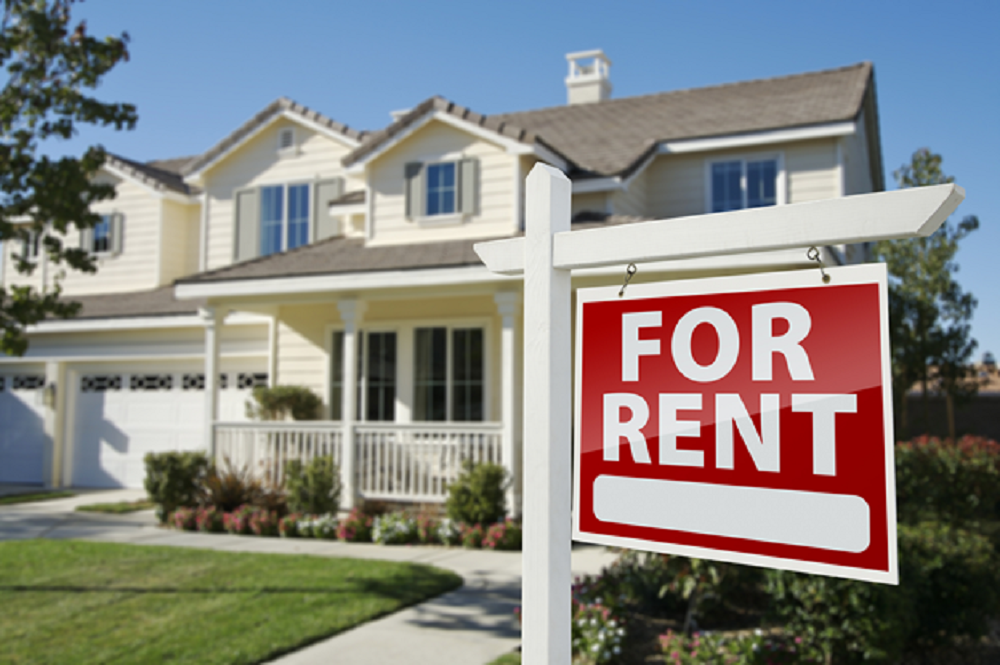When it comes to investing, most people focus on stocks and bonds. Sometimes you hear about private equity deals and early-stage investing opportunities.
Fewer people talk about investing in real estate. And when they do, they’re often talking about flipping houses.
Yet the holy grail of investing, in my opinion, is rental real estate.
In my lifetime, my biggest income generating investment has been real estate. And real estate is also where I have recorded some massive capital gains.
The key to my success has been knowing when and how to buy rental real estate and how to manage it.
Rental real estate is a heck of a lot easier to understand than stocks, options and even bonds. You buy it, you fix it up and you rent it. When it appreciates, you sell it.
It’s really that simple – but the simplicity is dependent on a few key strategies for success.
I must admit, before I bought my first property, the only thing I knew about rental real estate was paying rent to a landlord. I had a unique introduction to the nuances involved…
One day, lying on the chair waiting for a cleaning, I got into a conversation with my dentist. He was in his early 50s then. We both liked cars, so we always had something familiar to talk about.
The conversation shifted to real estate. I don’t remember how, exactly, but it was one of the most life-changing conversations I’ve ever had.
My dentist poured every dime of the profits from the practice into rental real estate. He owned more than 20 properties around town, most of them free and clear.
I estimate that he was clearing around $10,000 per month after costs, and that number was rising with each year that he paid down his debt and increased rent.
As you can imagine, I was listening closely…
Strategies for Success Investing in Rental Real Estate
His first piece of advice centered around temperament. Granted, it’s a strange topic.
But if you don’t have the temperament to deal with people and that urgent repair phone call that invariably occurs on Christmas Eve or New Year’s Day, don’t get into real estate… unless you’re fine with paying at least 10% to 15% of your profits to a manager.
His second piece of advice: Always be compassionate. Those renting from you are people too. Treating them as purely a rent check is a mistake.
Consider how you would feel if you called the landlord to fix a problem and they didn’t call you back, or if they took their time fixing that broken dishwasher or toilet.
If you’d be okay with being ignored or talked down to by your own landlord, then you won’t succeed in rental real estate. You might make money, but it’ll be a sad experience. None of your tenants will look after your properties or respect you.
Next, he taught me to keep my expectations realistic. Buying a rental property is no different than buying a used car in some respects. You are buying someone else’s problem, and you know very little regarding its history.
You will have to invest time and money into the property, and you must be ready to do that. Renting out a shoddy, poorly maintained property will result in endless misery for you and your tenants.
My last lesson: Bite your tongue. You don’t know what your tenants are going through, so leave your judgments at the door.
Unless your tenants are creating major damage in their apartments, don’t walk in for an inspection or repair and tell them to pick up after themselves. You’re a landlord, not a dictator.
As with other forms of investing, finding success in rental real estate relies as much on your emotional tolerance as it does on your business savvy.
Next week, I’ll reveal the secret formula for how much you should spend on a property. This formula has guaranteed my success as a landlord and real estate investor – so be sure to keep an eye out.
Good investing,
Karim
